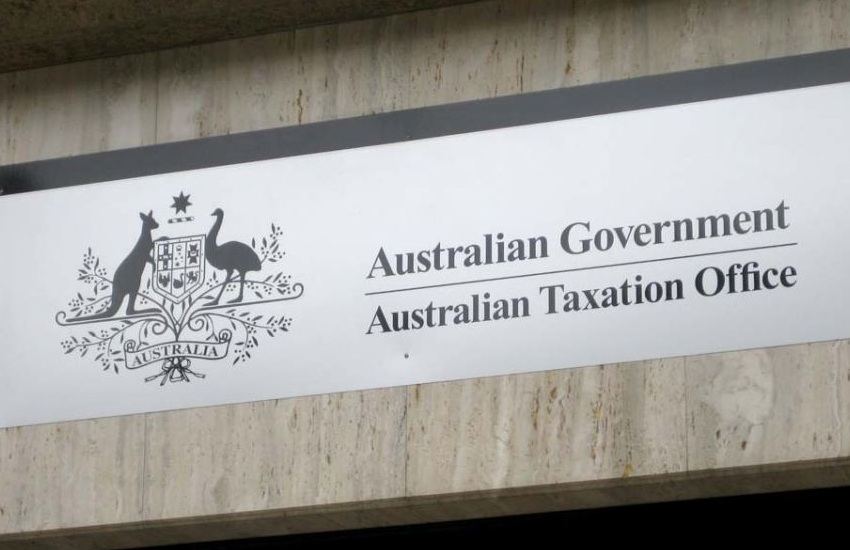Under the proposal, an employer that has an SG shortfall amount in any period from 1 July 1992 up to 31 March 2018 has the ability to claim tax deductions in respect of SG charge payments made and contributions that offset the SG charge to the extent that the charge relates to the SG shortfall. In addition, the administrative component to the SG charge will not apply.
You’re out of free articles for this month
The amnesty will be available from 24 May 2018 to 23 May 2019, but legislation has yet to be passed, with Parliament adjourned until 10 September.
However, there has been much confusion within the industry, with some professionals claiming that ATO case officers have suggested that the amnesty benefits are in effect.
In one example, Hanrick Curran partner, Stephen Brake told Accountants Daily that he was caught off-guard when an ATO case officer said the tax office would be presently applying the amnesty, contrary to its messaging on its website.
In response, an ATO spokesperson has confirmed that until the legislation is enacted, the tax office will be required to apply the existing law.
“The administration component of the SG charge remains legally payable and deductions cannot be claimed. However, the ATO will not require payment of the administration component until the outcome of the legislation is known,” an ATO spokesperson told Accountants Daily.
“If the proposed law does not come into effect, any contributions and payments made under the Amnesty will not be tax-deductible, and any self-assessments that anticipated the new law will need to be amended to include the administration component, and you will be required to pay the administration component. Part 7 penalties will be imposed and may be remitted in accordance with our existing remission policies.
“You will not be able to receive a refund for payments you have made under the Amnesty if the law does not pass, as these amounts were always payable under the existing law.”
‘Between a rock and a hard place’
The hold up in passing the amnesty legislation has also triggered some concerns from practitioners over their ability to advise their clients, while being mindful of the obligations of Non-compliance with Laws and Regulations (NOCLAR), which kicked in for all professionals accountants on 1 January 2018.
NOCLAR comprises any act of omission or commission, intentional or unintentional, committed by a client or employer, including by management or by those charged with governance, or by others working for, or under the direction of the client or employer, which is contrary to prevailing laws or regulations.
Speaking to Accountants Daily, TaxBanter senior tax trainer, Robyn Jacobson acknowledged the tricky environment for advisers but believes disclosure will ultimately lead to better outcomes for clients.
“The employer will always be better off disclosing than not disclosing: they will either get a better deal on penalties if the law doesn’t pass (although the amount won’t be deductible, but that is the current law anyway), or they will be protected under the Amnesty if it does pass,” said Ms Jacobson.
“Further, the adviser is under a NOCLAR obligation to disclose the non-compliance, and there will be potential director penalty notice liabilities for unpaid SG amounts that remain unpaid for more than three months.
“In this environment, there is an increased chance that the employee will become aware of their employer’s non-compliance and approach the ATO directly. Importantly, if an employee does a ‘dob-in’, a subsequent ATO review or audit of the employer will render the employer ineligible for the Amnesty.
“Ultimately, the employer needs to decide whether to disclose now, and they need to understand the implications of their decision if they don’t, and advisers need to be aware of the NOCLAR-related consequences of their clients delaying disclosure or non-disclosure.”
This email address is being protected from spambots. You need JavaScript enabled to view it.
 Login
Login







